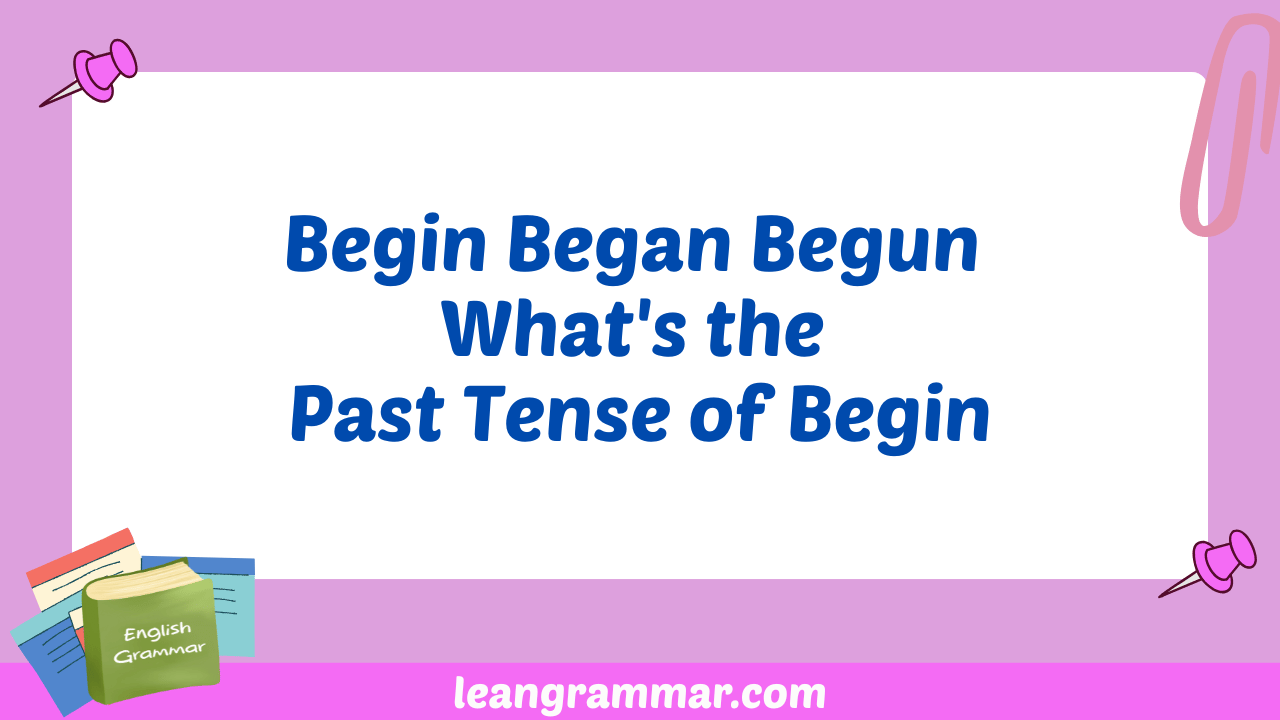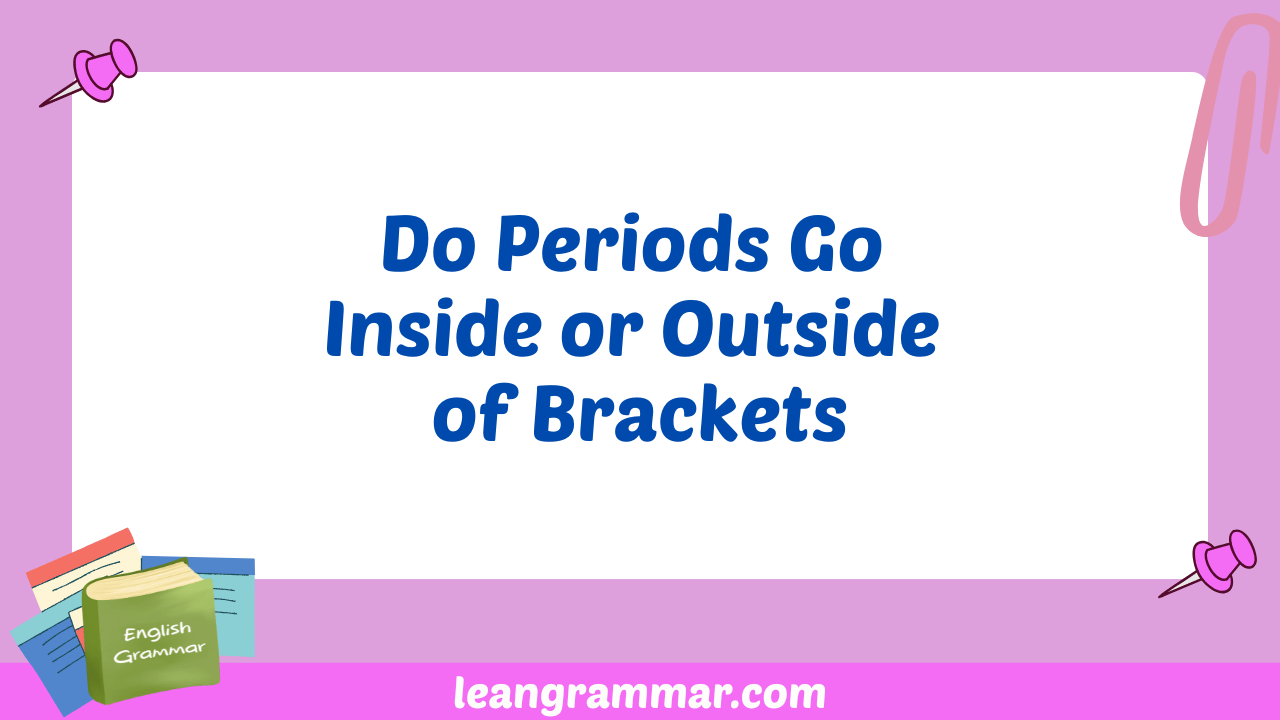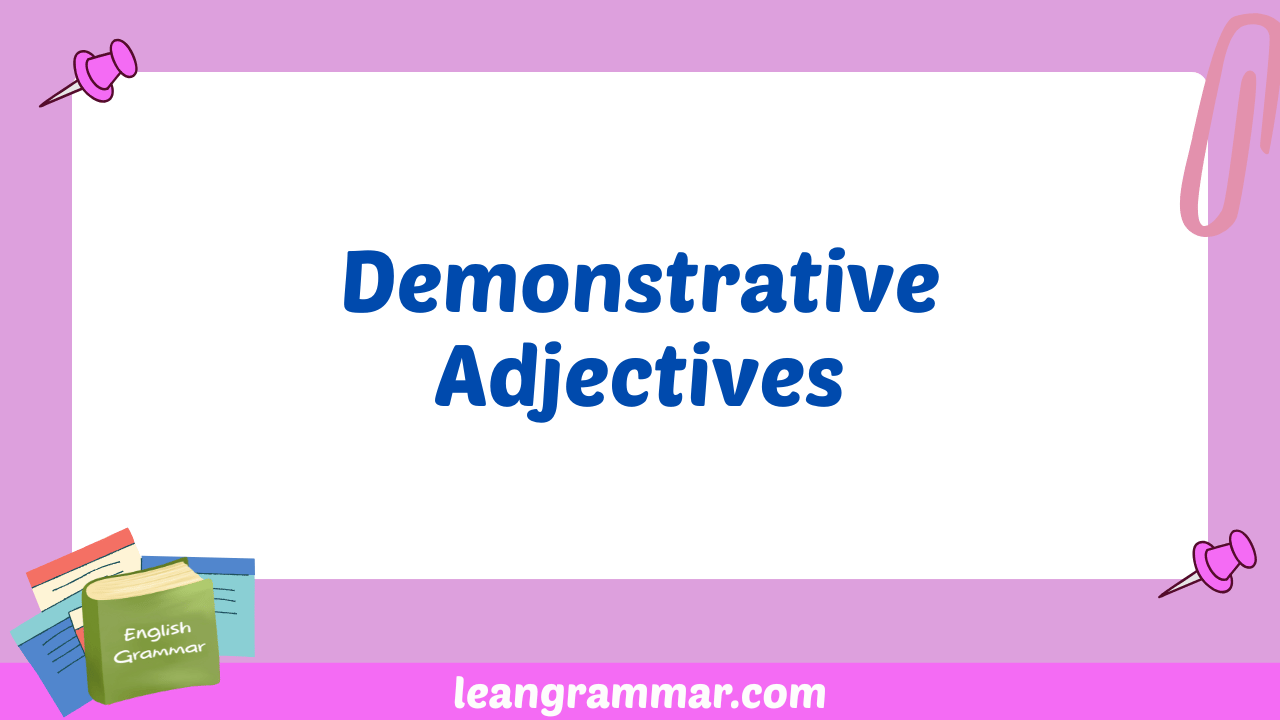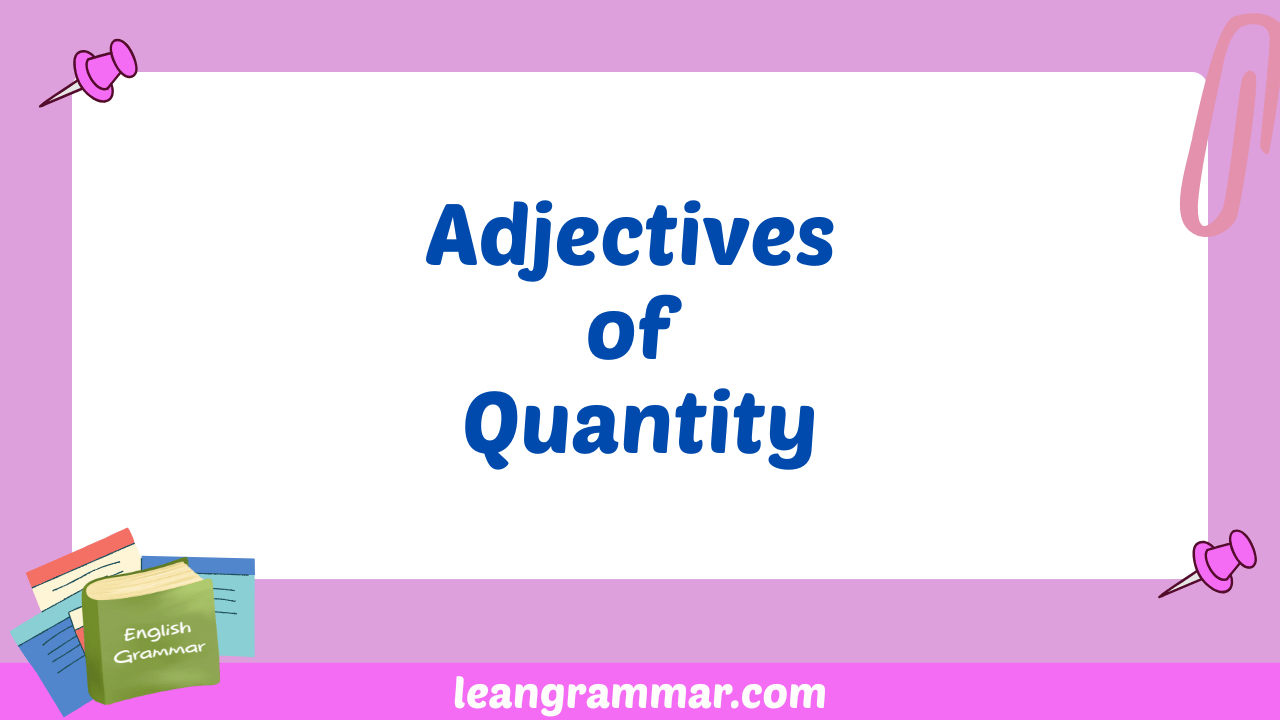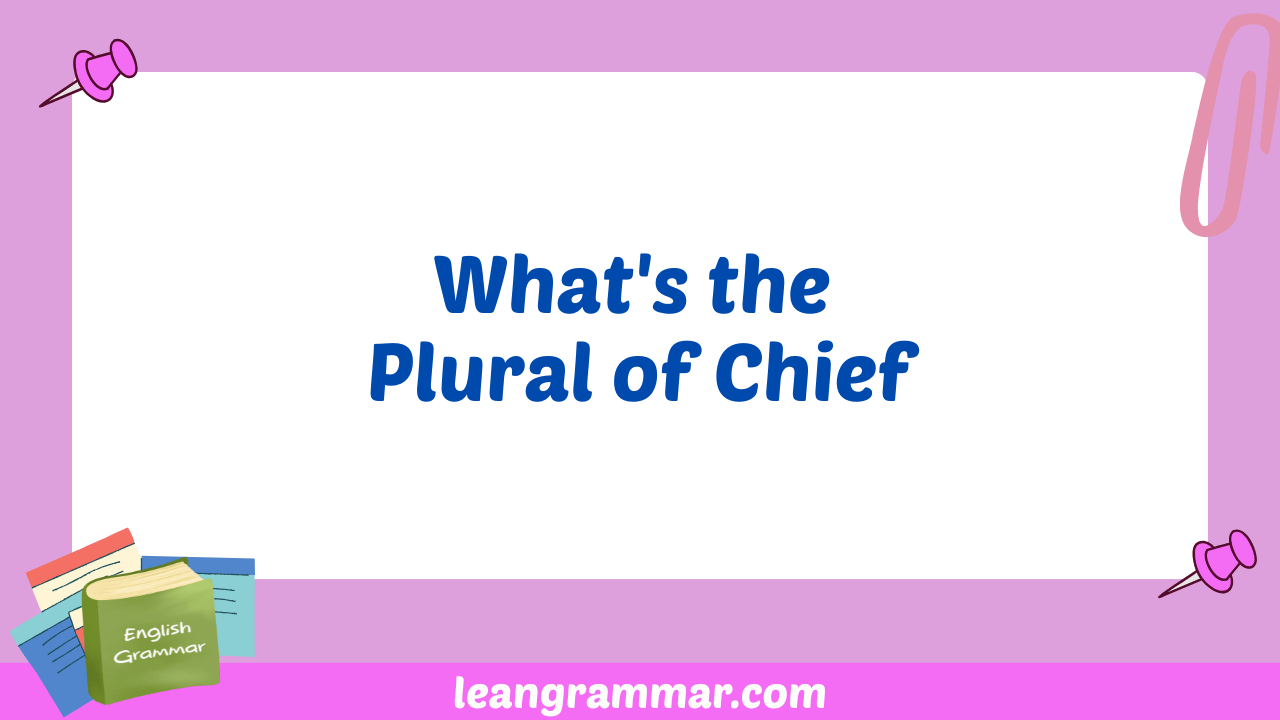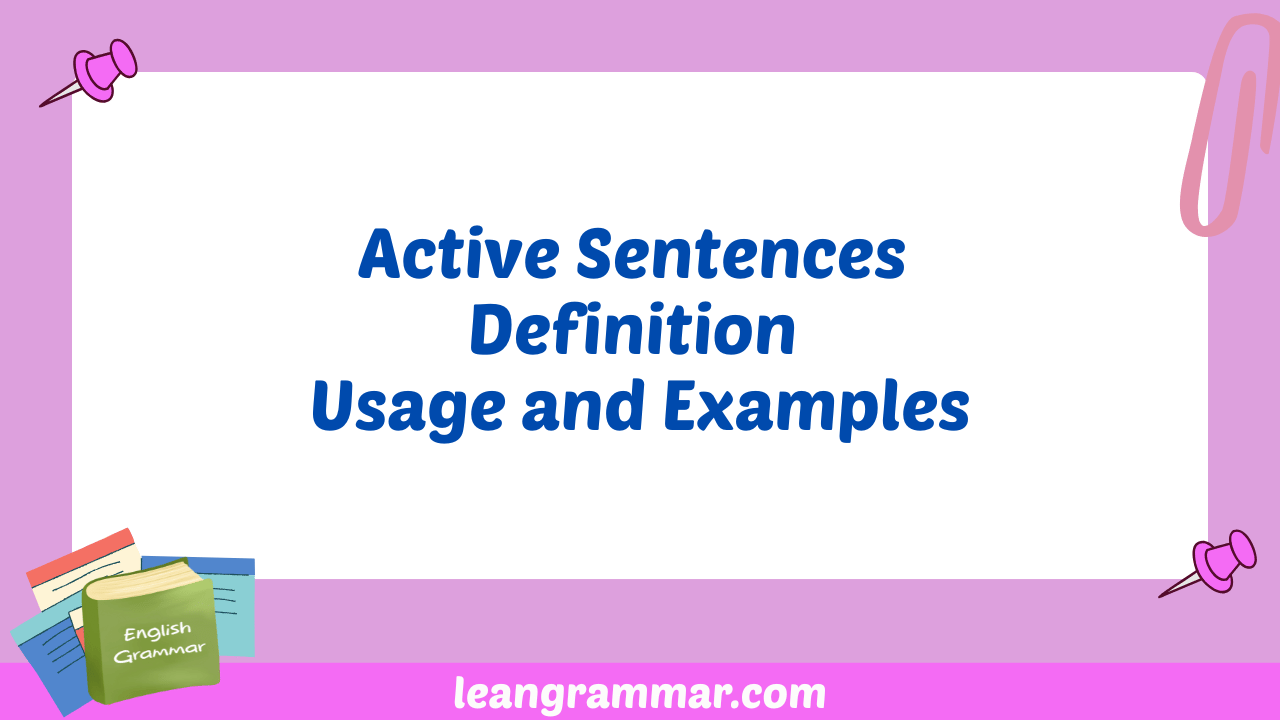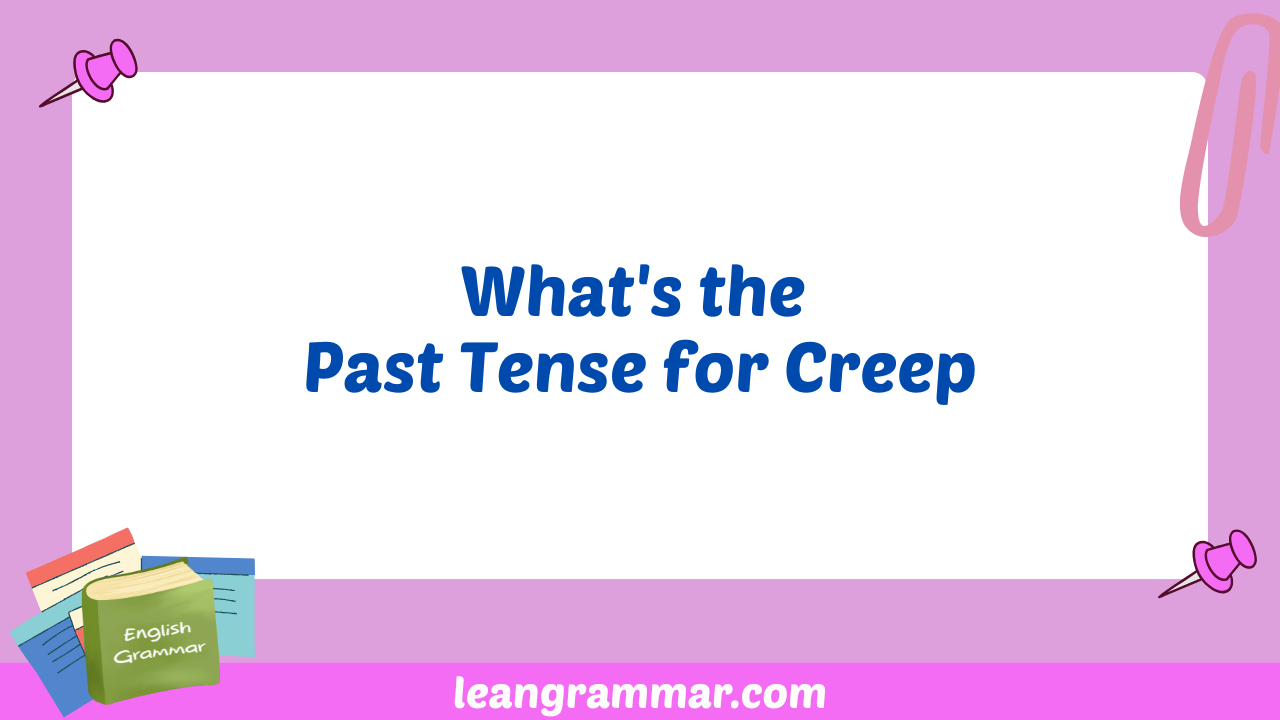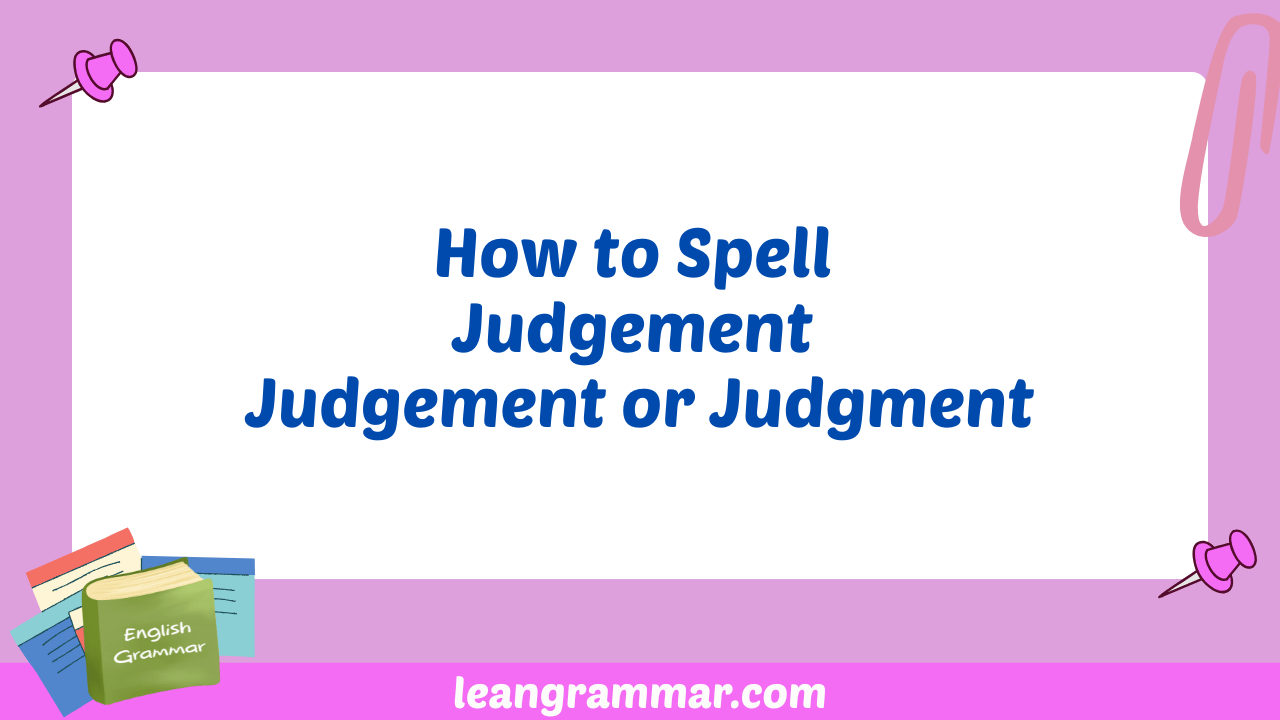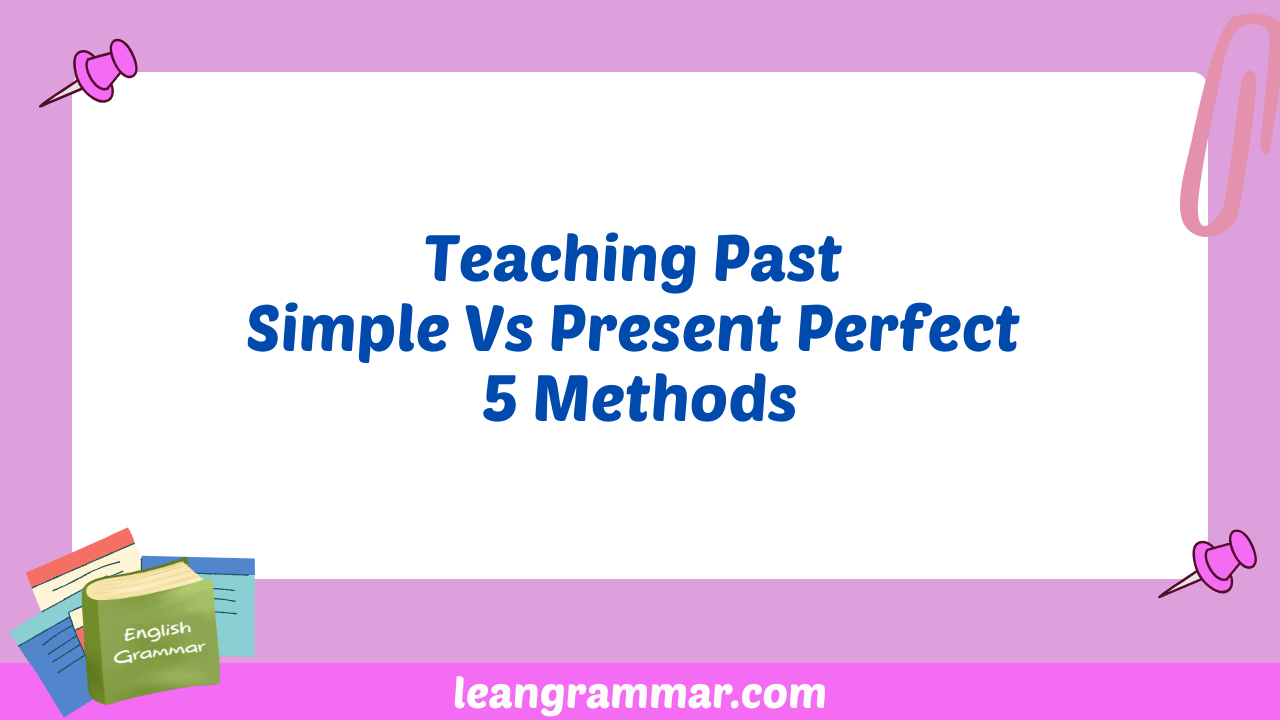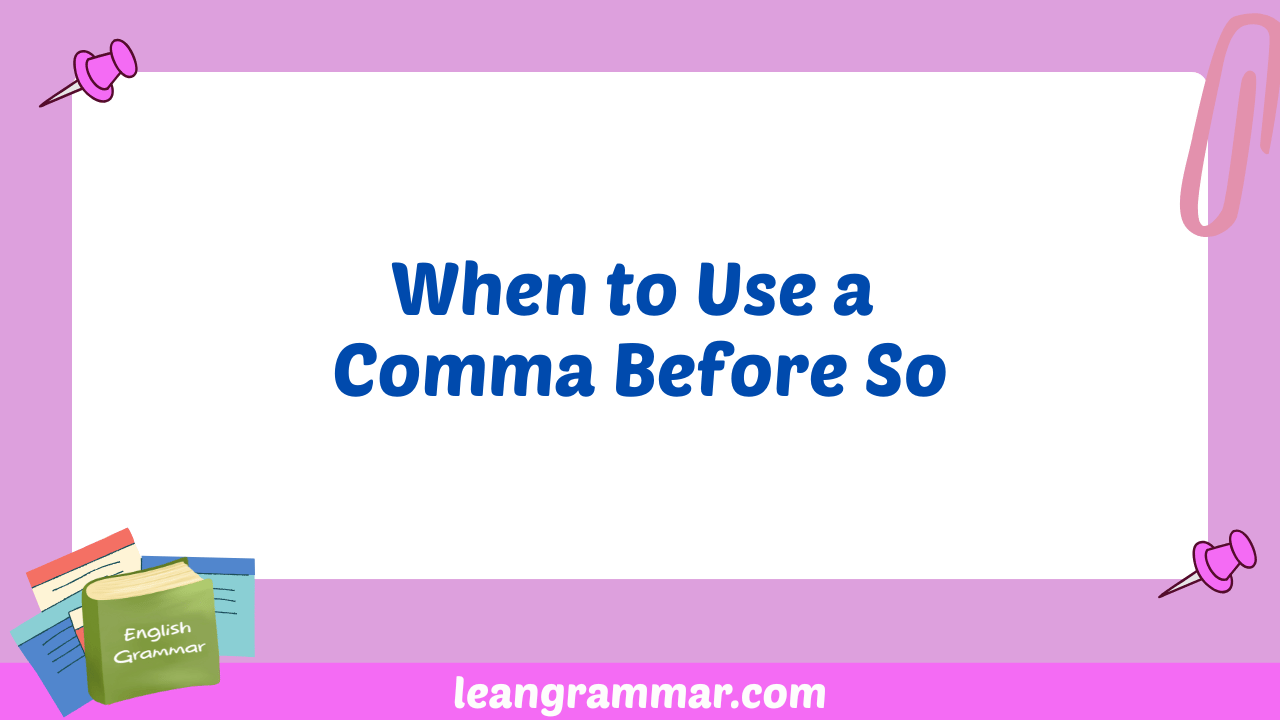Begin, Began, Begun: Mastering the Past Tense of Begin
Understanding the correct forms of the verb “begin” – begin, began, and begun – is crucial for clear and effective communication in English. This article delves into the intricacies of these forms, clarifying their uses in various tenses and contexts. Whether you’re an English language learner, a student preparing for exams, or simply someone who … Read more
